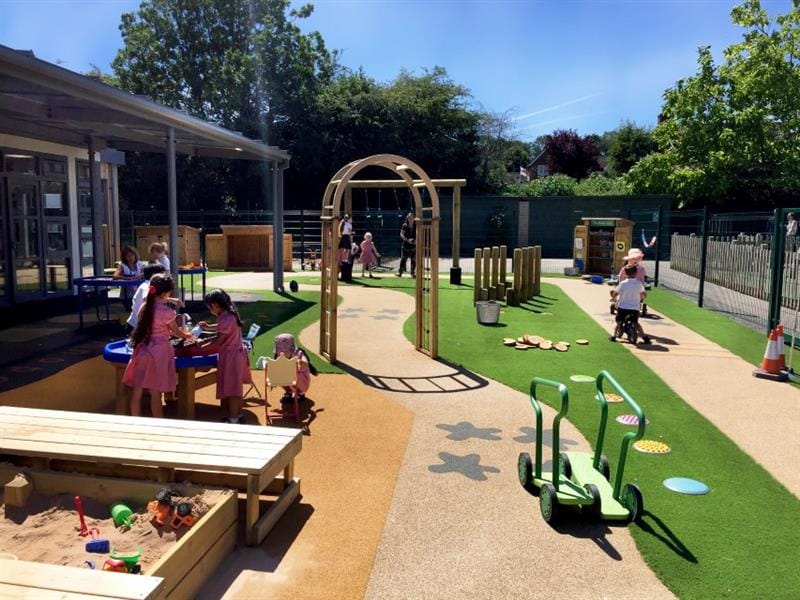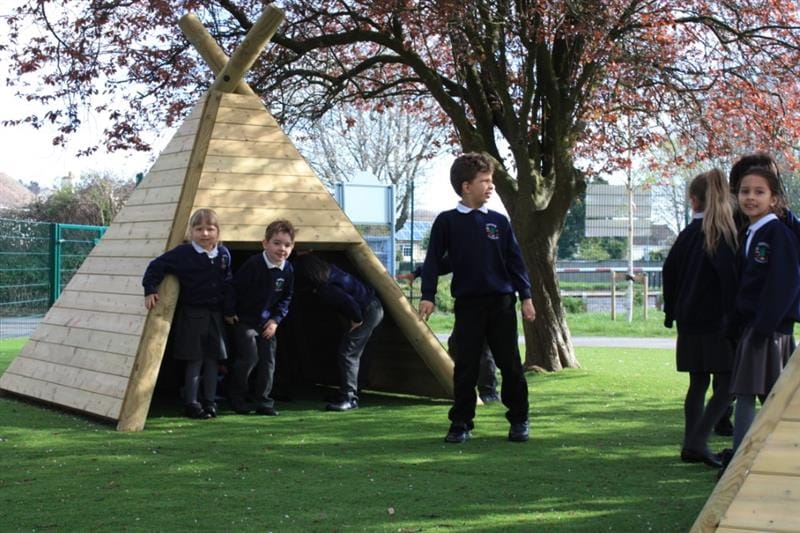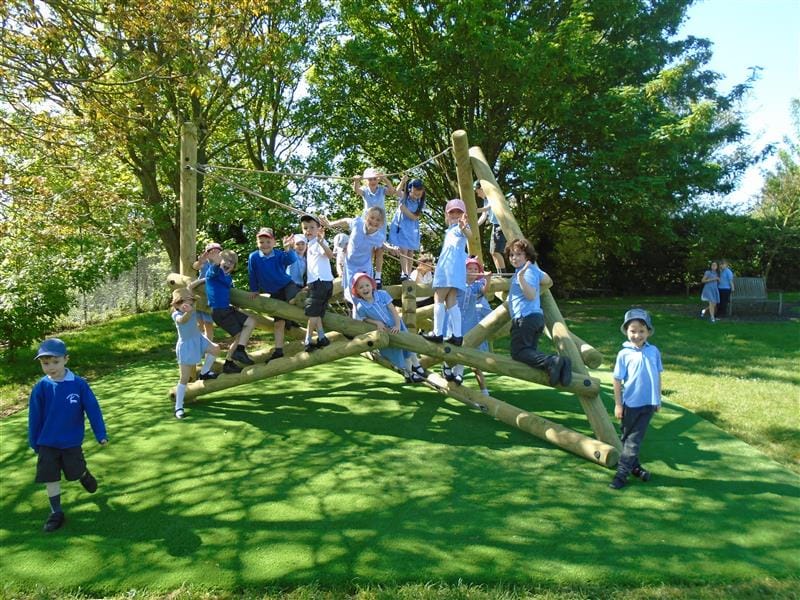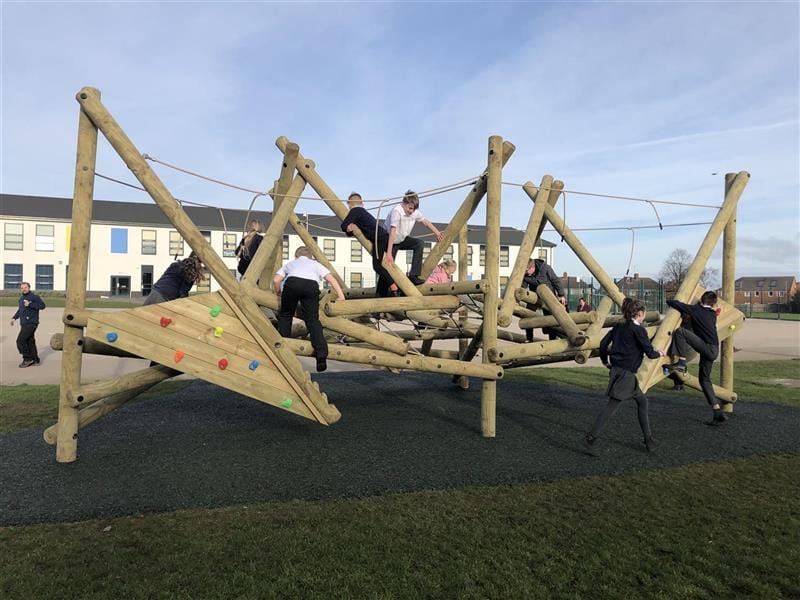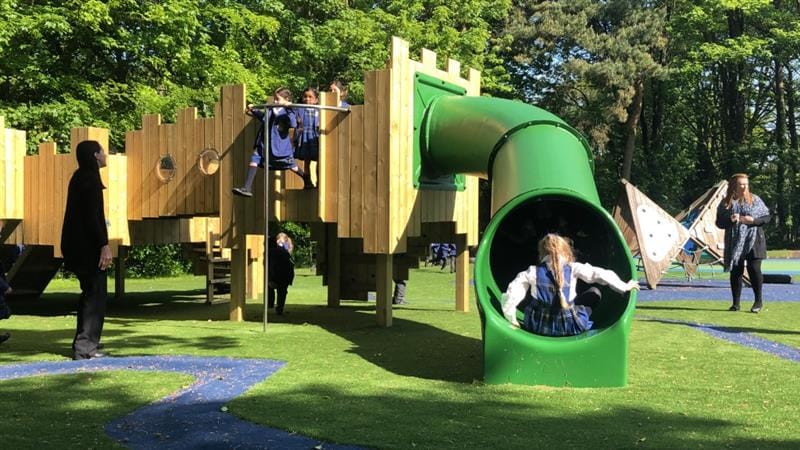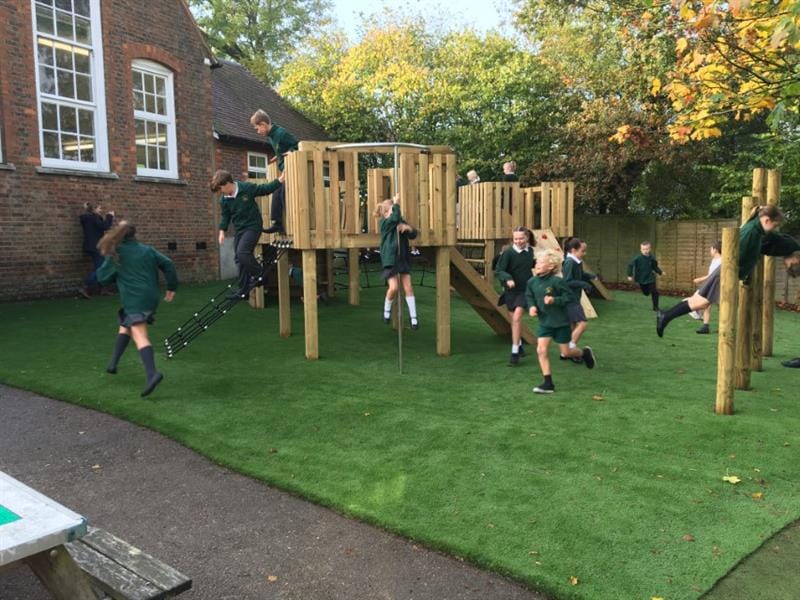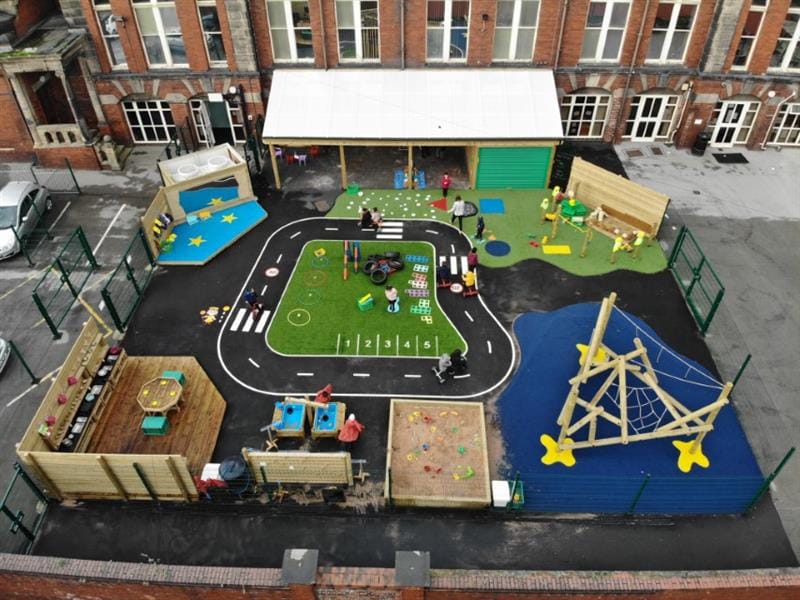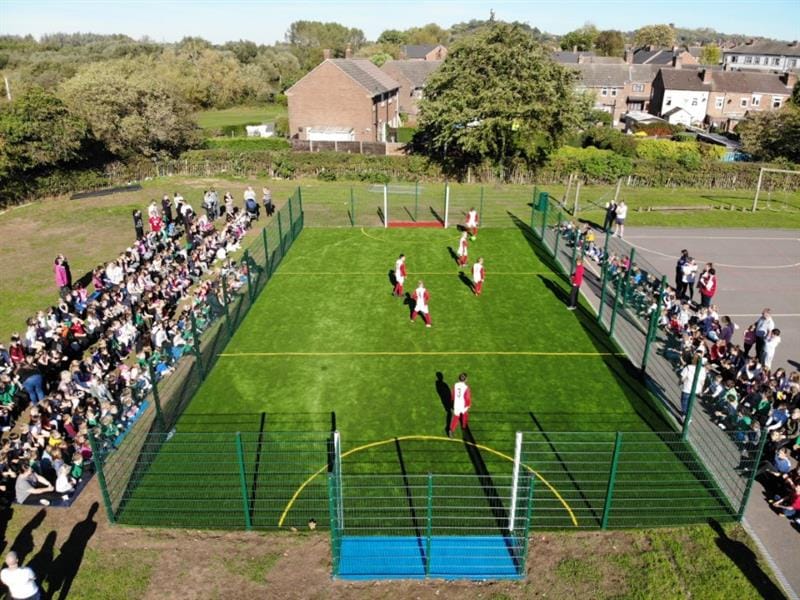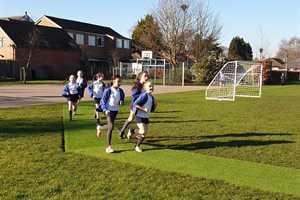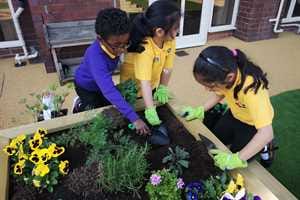
Outdoor Learning and Play
3 Reasons To Promote Outdoor Play As An Extra-Curricular Activity
Primary school children (and actually, their parents) are offered so many options for extra-curricular activities these days.
There’s big business out there for organisations promising to fill every waking moment of our children’s time with opportunities to try out this and improve that - it can be difficult to find the right balance between school work, extra-curricular activities that are genuinely beneficial for children’s health and development and enough time to rest and play.
It seems that everyone is dashing out of school and running from one activity to the next in a perceived effort to keep ahead or keep up. The kids are becoming overloaded. They’re tired in class - and it shows.
For schools, the pressure to offer a wide range of extra-curricular activities in addition to teaching the curriculum comes from different sources - parental push being just one of them. But what young children really want, what many teachers already know they need, is to play.
A number of schools are now challenging this over-scheduling, by offering straightforward outdoor play activities as “extra-curricular” after-school clubs in their own right.
Here are 3 reasons to promote outdoor play as an extra curricular activity - and here’s how you can get parents on board and get more children at your school playing outside every day too:
1. Quality over Quantity
Before we go any further, we should clarify that we’re not for one moment suggesting that all other extra-curricular activities apart from outdoor play should be wiped out.
On the contrary, a good selection of well-delivered activities, pitched at the right level and for a manageable amount of time each week, are fantastic for a child’s holistic development.
Learning to play an instrument, practising a favourite sport, or how to swim safely, for example - they all build personality and self confidence, and teach essential life skills: creativity, collaboration, communication, determination and perseverance - amongst many others.
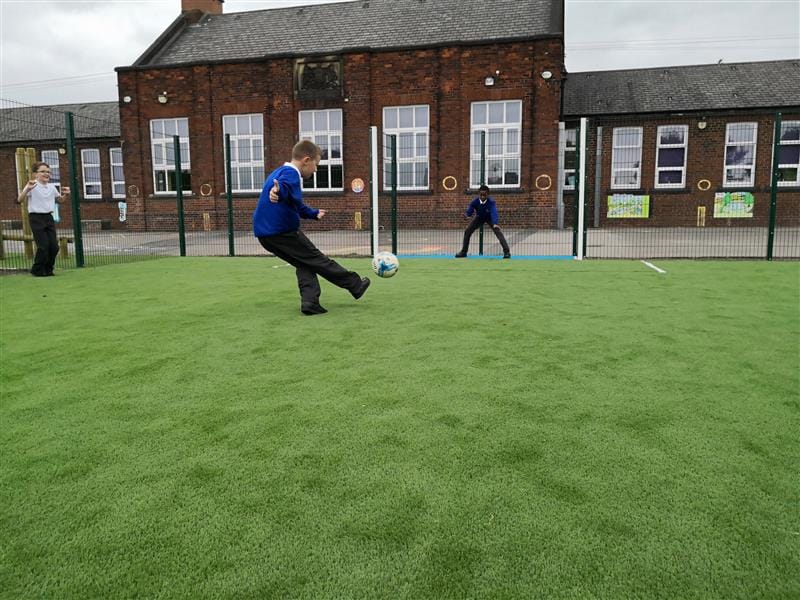
When children have the opportunity to find something that they really love and enjoy, that allows them to relax, rejuvenate, have fun and feel happy - the stuff that makes life good - that’s where the right extra-curricular activities are well worth their salt.
Extra-curricular activities only become a problem when children are doing too much and families lose perspective on what is actually good for them (not to mention the monthly direct-debits!), or when they’re dragged along by friends and peer pressure gets the better of them - many children follow their friends into activities that aren’t necessarily the right fit for them. And so the schedule fills up and they’re left with no time to just play outside and be kids.
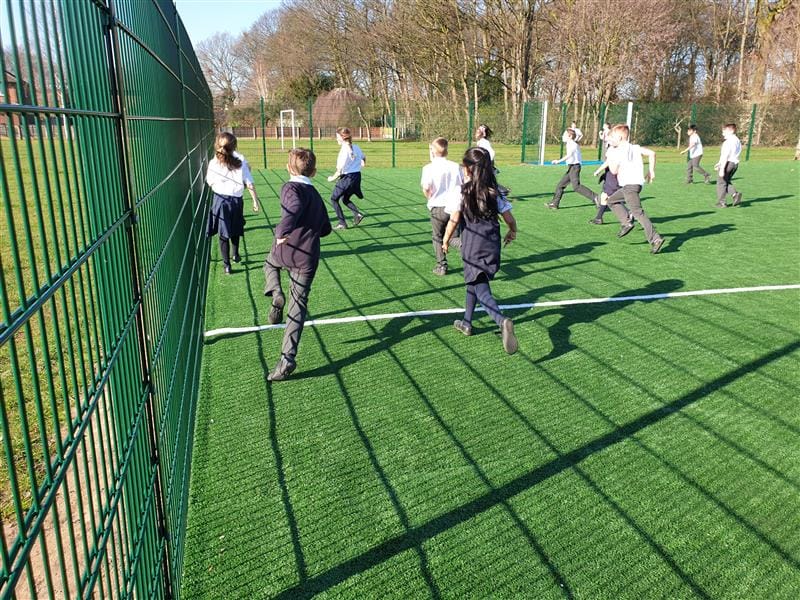
Dr Justin Coulson PhD, a well-known Australian psychologist and expert on families explains how nowadays, more and more, parents want to provide their kids with opportunities to learn.
They encourage them to excel and settle only for the best. But at the same time, they need to keep in mind that pushing children to do everything can make them crack under the pressure.
It’s not the first time we’ve heard this argument and to many it’s common sense. But still, the extra-curricular schedule frenzy goes on.
2. Playtime Matters
A new report based on research conducted by Outdoor Classroom Day, the global campaign to celebrate and inspire learning and play outside the classroom, makes the case for play time being a key part of the school day.
The Playtime Matters report explains how outdoor play at school “helps develop healthy, curious and active kids who are better connected to their environment.” It details “evidence that shows that time outdoors is particularly important for children’s mental health - reducing stress, giving a sense of calm, and simply making them happier.”
However, interestingly, the report highlights the following findings:
- Although 65% of teachers surveyed in the UK said they felt their students should have more time to play outdoors, 25% said that outdoor play took up less than 10% of the typical school day.
- One third of the primary classes surveyed around the world have over 60 minutes of outdoor playtime on a normal school day.
- In the UK, just over a half of the primary classes surveyed have the recommended 60 minutes or more of outdoor playtime every day. A worrying 1 in 6 have less than 30 minutes.
For whatever reason (we won’t get political!), the simple fact is that many schools are not finding enough time within the school day to meet all of Ofsted’s requirements and still schedule sufficient time for their pupils to play and learn outside.
They might have the space and the facilities, but they also have a lot to get through in a week.
For that reason alone, there’s a strong argument that when the bell rings at 3pm (and that’s a good four to five hours before bedtime!), “extra-curricular” outdoor play should be the first thing on the agenda.
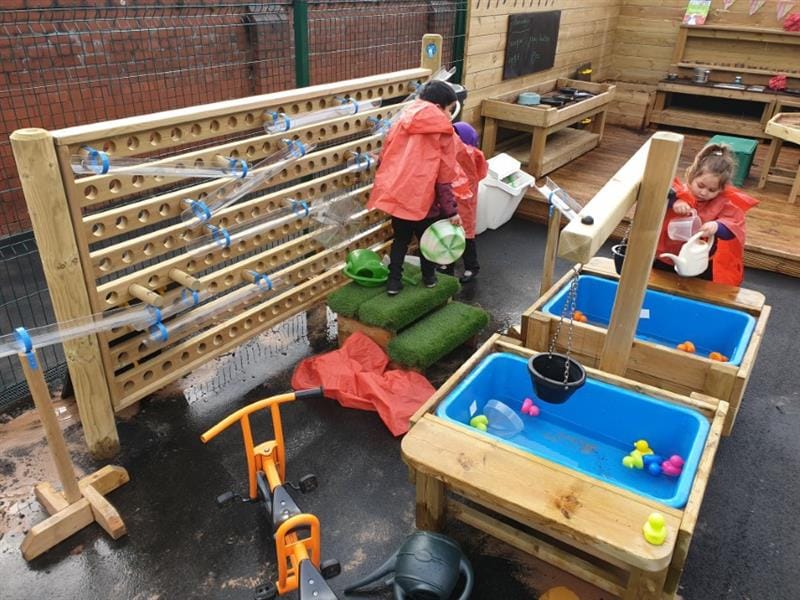
3. Outdoor Play for Physical and Mental Health
It’s a simple fact of life that if children aren’t allowed enough time to play outside, they really do suffer as outdoor play benefits all aspects of a child’s health and development.
Outdoor play is good physical exercise, which is essential if we’re going to keep our children fit and healthy and fight the childhood obesity epidemic that is happening right now in the UK.
But it goes beyond this. The Children’s Play Policy Forum (CPPF), made up of play specialists from across the UK, are one of many organisations who are warning that modern life is squeezing play – especially outdoor play – to the margins of children’s lives - limiting the natural growth and development that occurs through play.
The CPPF issued a statement earlier this year, entitled “Play Builds Children”, calling for more children’s play opportunities because, “the mental health of a generation is at risk. Obesity in children is at epidemic levels and increases in life expectancy have stalled.”
Dr Peter Gray, research professor of psychology at Boston College, is well known around the world for his research and publications concerned with children's natural ways of learning and the role of play in children's development.
He says that free play is essential for children’s healthy social and emotional development and that in recent times:
“There has been a dramatic decline in children’s freedom to play with other children, without adult direction. Over this same period, there has been a gradual but overall dramatic increase in anxiety, depression, feelings of helplessness, suicide, and narcissism in children and adolescents. We need to be brave enough to stand up against the continuous clamour for more schooling.”
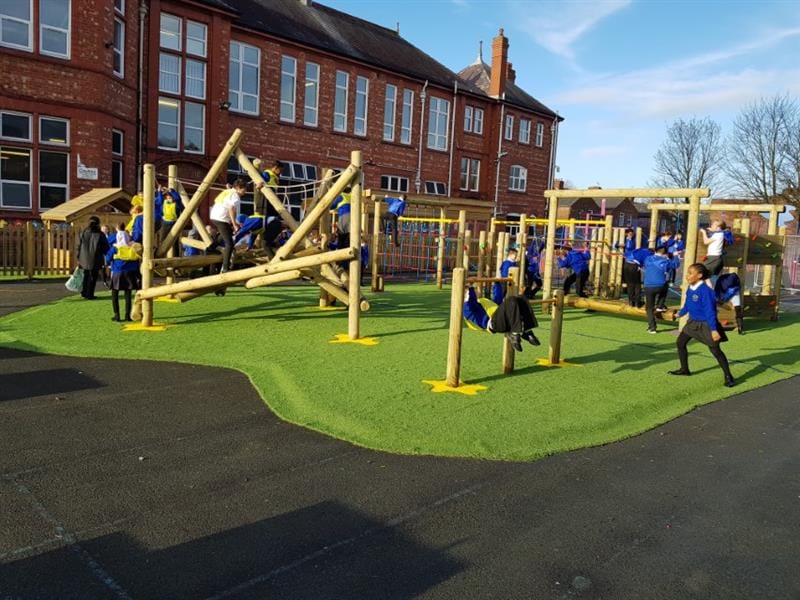
Gray also highlights the essential development skills that free play brings to children. In his words, “it is the major means by which children:
- develop intrinsic interests and competencies;
- learn how to make decisions, solve problems, exert self-control, and follow rules;
- learn to regulate their emotions;
- make friends and learn to get along with others as equals; and
- experience joy.
Through all of these effects, play promotes mental health.”
How To Offer Outdoor Play as a Regular Extra Curricular Activity at Your School
It’s so simple to do.
Outdoor play doesn’t have to cost the earth because it’s not an activity that needs to be outsourced (unless you need the additional supervision). All you need is a playground - and every school has one of those - and a few willing members of staff to supervise. If your staff numbers are limited, you could ask for parent volunteers to assist.
Charging a small fee for children to stay and play can help to cover the cost of playground resources and will still be more cost-effective for parents than a lot of other after-school clubs.
When parents learn of all the health and developmental benefits associated with outdoor play (not least the time spent in the fresh air, away from screens, setting their children up for a good night’s sleep!) they’re usually quick to jump on board.
In built-up areas in particular, where there is less available public space for outdoor free play, schools that have the grounds are the perfect venue. And the children will love it because they get more time to play with their friends!
After all, given the choice, that’s what they want to do. They want to play, explore, run and laugh. They want some time to satisfy their own needs and their own curiosities, to learn about themselves and how they relate to others in their own way, under their own circumstances, at their own pace.
Because each of these things play such a deeply important part in their development, we need to give them back the time to do it.
We design, make and install outstanding playground products for schools and nurseries. If you’re looking for ideas and inspiration to create your perfect outdoor space for daily outdoor play, learning and sports - we can help you. For a free, no-obligation, expert school playground consultation, please do Contact Us.


